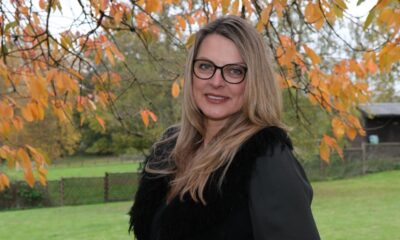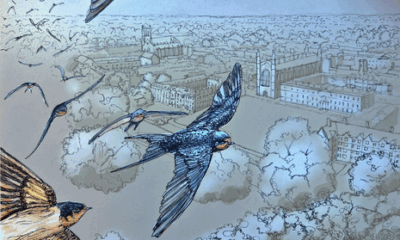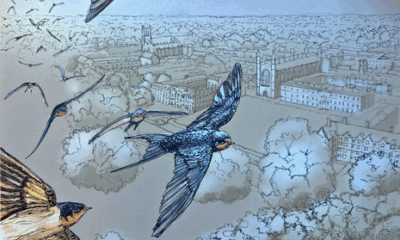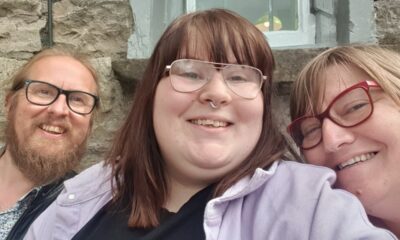Science
Cambridge Scientist Warns Against Misinformation in Science
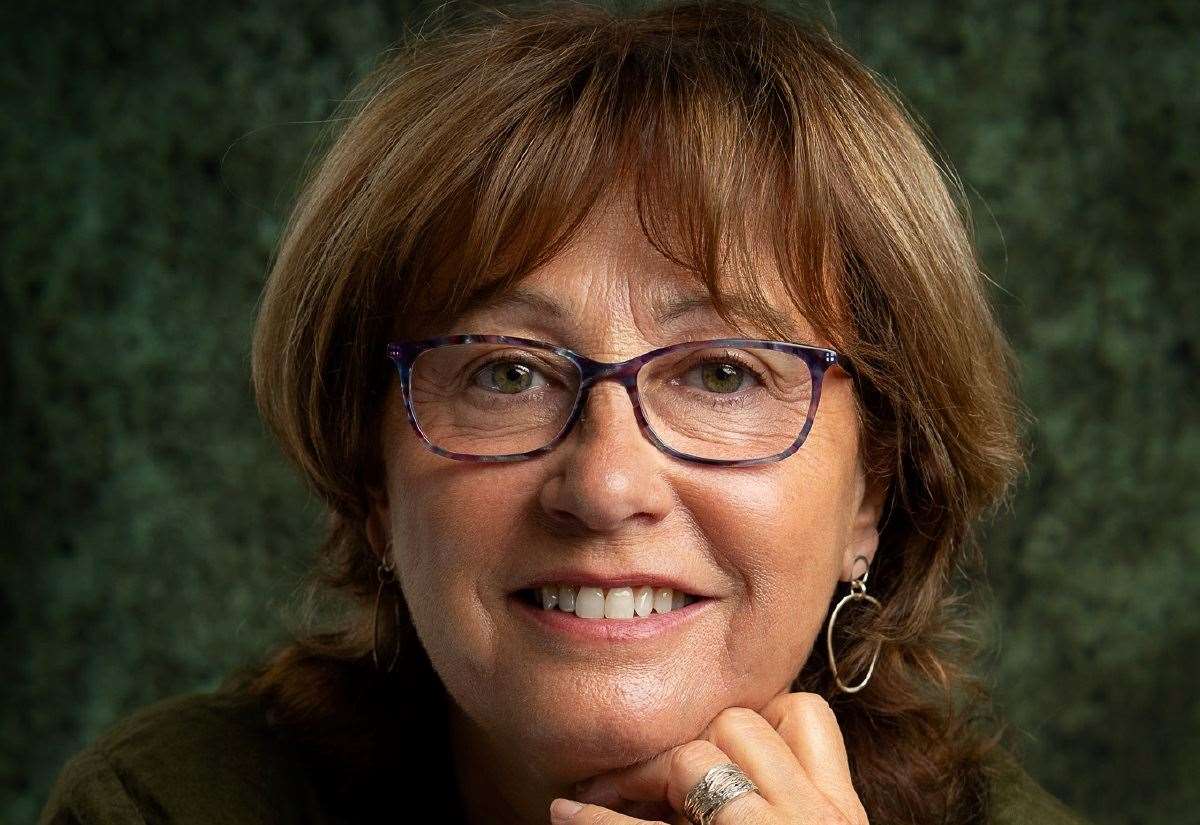
Elena Villamil, a prominent scientist based in Cambridge, has raised concerns regarding the rise of misinformation in scientific discourse, particularly in the realm of biomedical sciences. In her recent commentary, she highlights the detrimental impact that unverified claims can have on public understanding and trust in legitimate scientific advancements.
Historical Context of Scientific Inquiry
Villamil reflects on Cambridge‘s rich history as a center for scientific innovation, noting that the city has long been at the forefront of modern science and technology. With its impressive architecture and storied past, Cambridge has nurtured significant achievements in biomedical sciences, contributing to enhanced health outcomes for individuals across various age groups.
She emphasizes that the focus of current research lies in the development of advanced diagnostic techniques and safer, more effective drugs. The overarching goal of these efforts is to extend health span—the period during which individuals enjoy good health—rather than merely extending lifespan.
Despite these promising strides, Villamil points out that the scientific community faces challenges from groups that lack a comprehensive understanding of the complexities involved in scientific research. This lack of understanding often leads to the spread of misinformation, which can have serious implications for public health and safety.
The Evolution of Scientific Methodology
Villamil traces the evolution of scientific inquiry from the days of alchemy, where early practitioners sought to transform base materials into gold and pursued the elusive concept of immortality through mystical means. She contrasts this with the establishment of the scientific method, which arose from the work of natural philosophers who advocated for observation, experimentation, and a rigorous evaluation of alternative explanations.
Over the centuries, the scientific community has refined its methods to ensure that all relevant factors are considered in research. This systematic approach has led to many breakthroughs in understanding and treatment of diseases, yet the persistent spread of unproven claims threatens to undermine these advancements.
“Despite the efforts of our scientists, we currently witness a surge of misinformation that is based on unverified information,” Villamil states.
As misinformation continues to proliferate, the challenge for scientists is not only to advance their research but also to effectively communicate their findings to the public. Villamil calls for increased collaboration between scientists, educators, and communicators to foster a more informed society that can critically evaluate scientific claims.
In conclusion, Villamil’s insights serve as a reminder of the importance of maintaining scientific integrity and the need for vigilance against misinformation. As Cambridge continues to lead in scientific discovery, fostering a culture of evidence-based understanding will be essential for ensuring that the benefits of science are realized and trusted by the public.
-

 Entertainment2 months ago
Entertainment2 months agoAnn Ming Reflects on ITV’s ‘I Fought the Law’ Drama
-

 Entertainment3 months ago
Entertainment3 months agoKate Garraway Sells £2 Million Home Amid Financial Struggles
-

 Health2 months ago
Health2 months agoKatie Price Faces New Health Concerns After Cancer Symptoms Resurface
-

 Entertainment2 months ago
Entertainment2 months agoCoronation Street’s Carl Webster Faces Trouble with New Affairs
-

 Entertainment2 months ago
Entertainment2 months agoWhere is Tinder Swindler Simon Leviev? Latest Updates Revealed
-

 Entertainment3 months ago
Entertainment3 months agoKim Cattrall Posts Cryptic Message After HBO’s Sequel Cancellation
-

 Entertainment2 months ago
Entertainment2 months agoOlivia Attwood Opens Up About Fallout with Former Best Friend
-

 Entertainment2 months ago
Entertainment2 months agoMasterChef Faces Turmoil as Tom Kerridge Withdraws from Hosting Role
-

 Entertainment3 months ago
Entertainment3 months agoMarkiplier Addresses AI Controversy During Livestream Response
-

 Entertainment4 months ago
Entertainment4 months agoSpeculation Surrounds Home and Away as Cast Departures Mount
-

 World2 months ago
World2 months agoCole Palmer’s Mysterious Message to Kobbie Mainoo Sparks Speculation
-

 Entertainment2 months ago
Entertainment2 months agoITV’s I Fought the Law: Unraveling the True Story Behind the Drama

